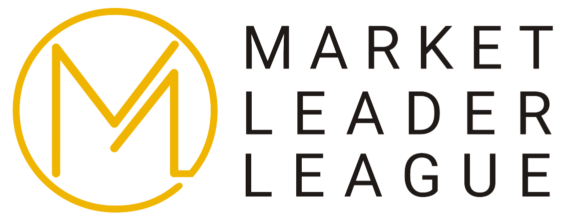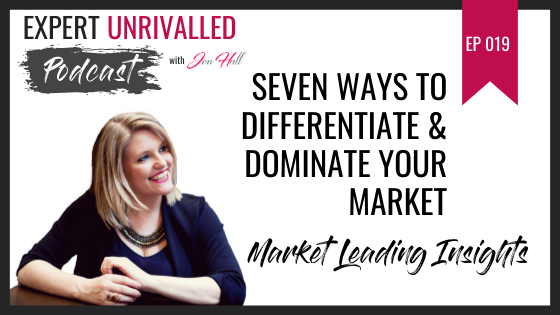In a highly saturated market it has become even harder to stand out and find a single point of differentiation. In this episode I show you seven ways you can stand out and how you can own a key differentiator that will bring market leader status.
Useful Links:-
Book a Call with Jen – bit.ly/claritycallpodcast
Send your emails to jen@jen-hall.com
[spp-transcript]

